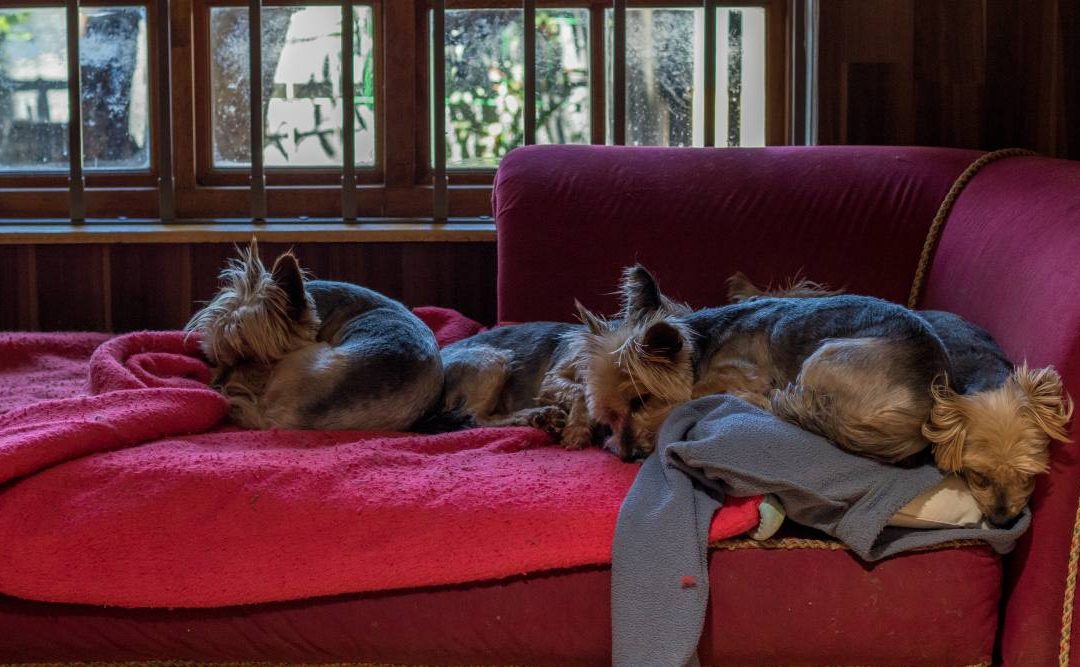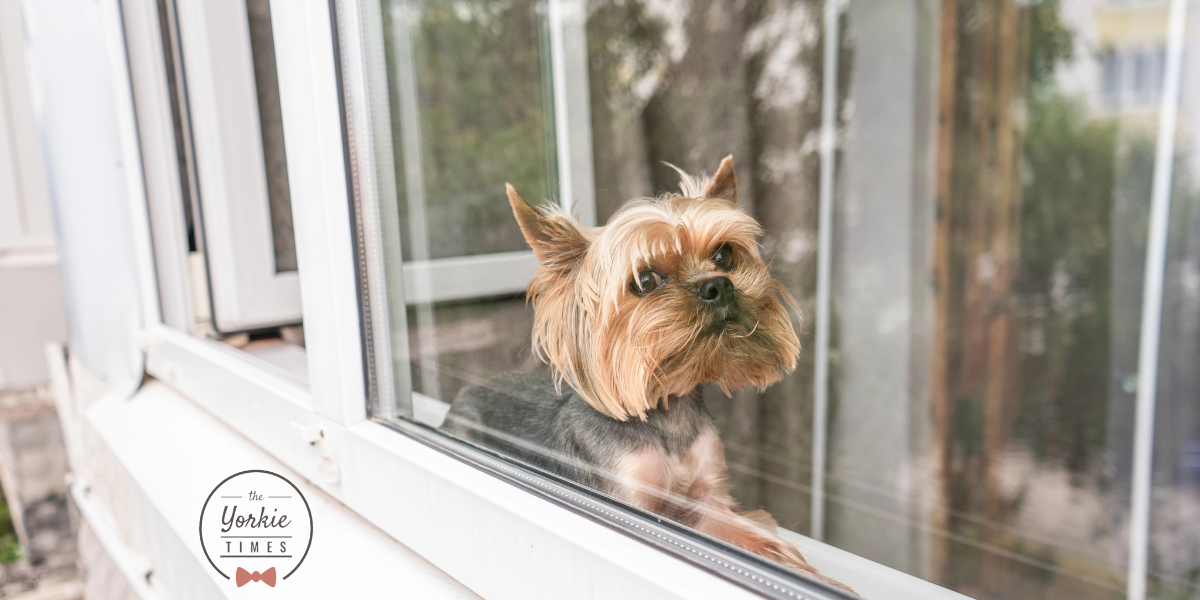A shift in Yorkie potty behavior can have many causes.
Whether it is physical or
Ever heard the saying “You can’t teach an old dog new tricks?” Well, you can but it takes patience and understanding. We all know our
Correcting
Whether it’s aggression, anxiety or even house-training, you and anyone else in the household will need to address the issues in an adult

Discussing potty behavior with your veterinarian.
When there are
A lot of the time it has to do with some sort of physical issue with the
Yorkie, like many dogs,

Determine what triggered the potty behavior change.
Meal times and diet should be kept the same as much as possible. When you drastically change your

Keep your emotions in check.
No one likes waking up in the middle of the night to the pungent aroma of dog poop. Who wouldn’t get angry when that happens? But the emotion of anger only reinforces bad
What you can do is take your

Go back to potty behavior basics.
Senior
You will have to start monitoring your
If you have enough space, you may want to create a designated indoor area with potty pads and perhaps separate it by a baby gate. This will make cleanup less of a hassle and keep your
While fixing potty
Let us know in the comments below if you have any other tips for potty





Our 8 year old Yokie has always been potty broke to pee pads but lately she’s been peeing in different spots through out the house and we don’t know why ??
My tea cup Yorkie is 13
She been going pee and poop in house after I take her outside
Every day cleaning poop very frustrating and she doesn’t tell me that she hast to go potty she usually barks
To let me know
She poops and hides
My little Yorkie she will be 15 in January he has always used her potty pads I’ve been the best dog I’ve ever seen with this but lately she just goes anywhere in the house that she may be. Bless her little heart she can’t hear narcity well and that’s what I think causes this. She is the love of my life
My yorkie is 14-1/2 and has been going on bedroom and bathroom carpets for the last 6 months, instead of letting me know she has to go out. Very frustrating!!